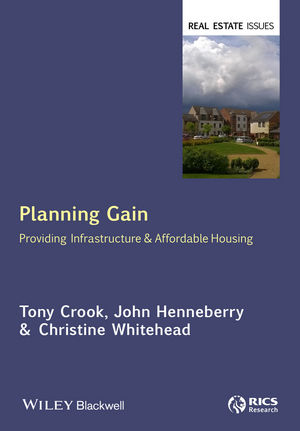International investment in the UK economy is normally highly prized. However international investment in residential property is at best regarded with suspicion and at worst seen as a disaster.
The majority of statistics on the role of international investors in residential property come from the major estate agents and concentrate mainly on prime locations in central London. One big issue in understanding these statistics is that the definition of prime changes over time so longer term comparisons are difficult to interpret. Thus when they say that the proportions of overseas buyers in prime locations at around 38% in 2013 is exactly the same as in 1990 and perhaps lower than the 1980s, like is not being compared with like. What is clearly true is that the proportion rose rapidly after the financial crisis – in part because the total number of sales dropped dramatically as UK buyers withdrew from the market.
The proportion of new build in central London that is sold to international buyers is far larger than for existing units. Savills figures suggest that re-sales account for nearly 80% of the overall prime market and that over 60% of these buyers are from the UK. In the new build market however they assess the proportion of international buyers at over 70% (some other estimates are lower). Within this group the majority are being purchased to let; nearly 30% for main residences and 16% as second homes. Other figures suggest that perhaps 40% of new build in central London was purchased by Asian buyers who are normally looking for a rental return. As importantly a clear majority proportion of international buyers are resident in the UK and large numbers who are non-resident have strong economic and social ties with London. This and other evidence suggests that the ‘lights out in London’ issue is mainly confined to a relatively small part of the highest end areas of central London – where indeed there are clear signs of changing patterns of ownership and declining demand for local services.
Outside central London the proportions of international buyers of new build property is very much lower – at perhaps 20% for inner London and well under 10% in outer London. Given that the vast majority of new build is outside central London and the proportion of total sales that are new build is well under 20% the proportion of international sales is probably little more that 5 – 7% and falling as total housing transactions rise.
Finally sales under £2m seem to be continuing fairly briskly – although more slowly than in the last couple of years. Sales of properties over £2m have declined with many being withdrawn until post-election policy is clear.
What are the issues?
There are quite a number of issues raised by the flow of international money into the London property market – some of which are good and some bad. It is not a simple story.
The bad aspects are the ones that have been stressed in the media:
- international money pushes up demand and therefore prices excluding UK residents from the market. The evidence suggests that there have been big effects at the most expensive end of the market concentrated in prime locations within central London – but the impact on the London market overall, while real is small;
- international money increases vacancies. As noted above, this is certainly true in some parts of prime central London but the vast majority are occupied. Vacancy rates in central London have been high since records began in the mid nineteenth century. There is little evidence that they are higher;
- international money may leave as fast as it has come if the value of the currency changes and confidence in the UK economy and the stability of the system is seen to be at stake. Certainly the reasons for investment are not as simple and for most UK residents this could in principle be a source of volatility.
The good aspects are mainly concentrated on the impact of international money on supply:
- international money saved the development industry after the crisis not only because it increased demand but because international buyers were used to off-plan sales and therefore supported the cash flow necessary for development. The evidence on this is strong – but it was mainly limited to central London and to large-scale apartment developments;
- international money has helped maintain the flow of affordable homes by unlocking market development. Again the evidence suggests that some thousands of affordable units have been brought forward – but it is also true that the proportion of affordable homes in these large developments is often quite small;
- international money is leading the surge in investment in large scale private rented developments with the emphasis on longer term leases and predictable rent increases. Again it is clearly true that much of the early interest came from institutions based in countries with experience of this type of renting – but few large scale private rented developments are yet on the ground.
- international money is looking for good management of the buildings and the environment and will help professionalise management of both private renting and leasehold developments. The pressures for this are undoubtedly there but the real impact cannot be judged in the short term.
Proposed solutions include:
- Those that have been raised in debate are mainly to reduce the negative impacts of international money. These include (with no comment as yet!):
- Banning non-resident sales as has been done in a small number of other European countries – possibly limiting the ban to some price ranges/locations;
- Requiring that all developments be offered for sale in the UK(either as well as abroad or exclusively)
- Restructuring taxation to ensure a flat playing field between those buying offshore and resident buyers (or to disadvantage off-shore sales);
- A mansion tax on high end housing in London;
- Restructuring property taxes to increase taxation on higher priced dwellings;
- Increasing the tax on vacant units to incentivise letting out empty properties;
- At the limit compulsory purchase of units held empty for a long period;





